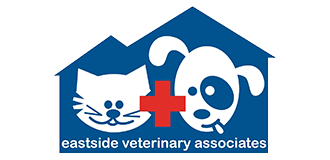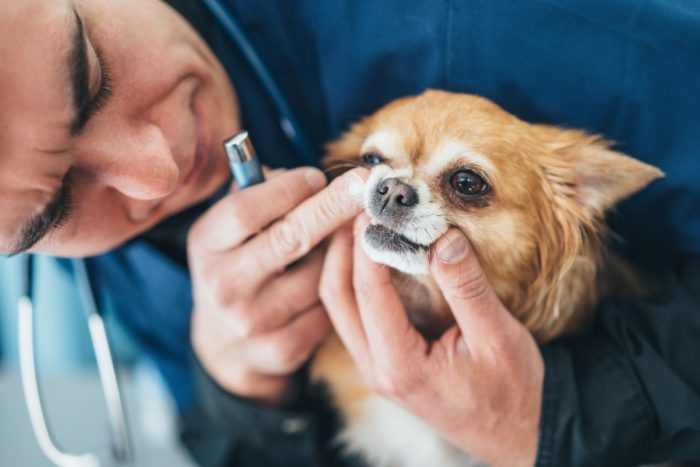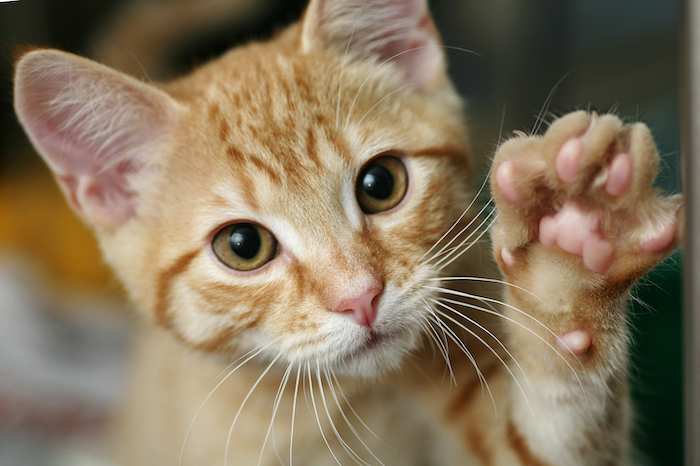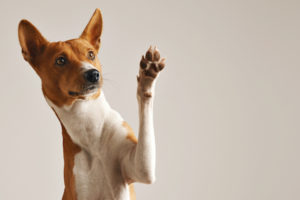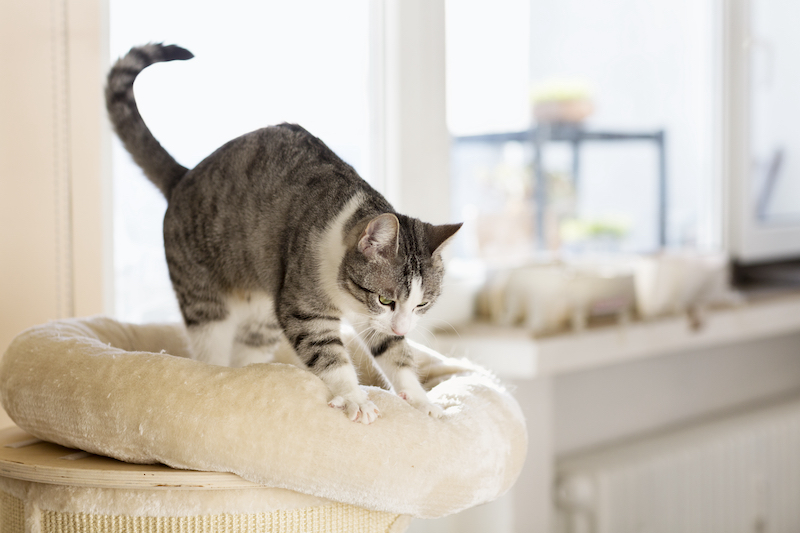
Why Your Cat Needs to Knead
If you’re a cat lover, you’ve no doubt noticed your cat meticulously kneading the surface beneath her, whether it’s your bed, blanket, or lap. This adorable feline behavior is also known as “making biscuits,” and her eyes may glaze over in an expression of pure contentment while she’s doing it!
At Eastside Veterinary Associates, we love helping your feline companions live their best, healthiest, lives. If you’re wondering what all the kneading is about, we’ve got some insights to help you understand this delightfully quirky cat behavior.
What’s All the Kneading About?
From companion pets to pumas, kneading is an instinctive behavior seen in virtually every cat species. A definitive answer as to why they knead isn’t confirmed, but plenty of theories abound, including:
- It’s leftover behavior from nursing: Kittens knead their mother’s tummies to stimulate milk production, so when your cat displays this behavior, she’s likely recalling fond memories of bonding with her mother.
- She’s putting her pleasure on full display: Your cat may knead your lap to show her deep affection for you—drawing parallels between you as her primary caregiver and the birth mother who nursed her.
- She’s marking her turf: Cats often communicate through scent, and her little paws are releasing her own personal scent markers as she kneads, sending a signal to other pets that your lap is hers!
- She’s making a comfy bed: If you’ve ever wondered, “Why does my cat knead blankets?,” one explanation is that your cat’s wild ancestors had to knead tall weeds and grasses to make a spot for snoozing, and this behavior may have carried over into domesticated cats.
- She’s caring for her claws: As your cat’s claws grow, she needs to shed the outer layers, and the process of repeatedly kneading may facilitate this.
Accommodating Excessive Kneading in Cats
Kneading is natural, and positively adorable, but sometimes it comes with collateral damage in the form of torn blankets, furniture, and your clothes. Scolding is never the answer, but here are a few pointers to help make all that biscuit making more manageable:
- Keep your cat’s nails trimmed or capped (ask us for a demonstration!).
- Create a designated, thick blanket that she’s allowed to knead to her heart’s content. Spray it with a pheromone-based product to make it especially attractive to her.
- If she starts to knead your legs or the sofa, redirect her attention with treats or a toy, and then offer her the opportunity to knead her designated blanket.
- Keep her entertained with plenty of indoor enrichment so she’s ready to settle in sooner at naptime.
We’re Here for All Your Cat Needs
Keep your cat healthy and happy so she can make biscuits well into her golden years! Schedule a comprehensive wellness exam, and let us know if we can answer any other questions you have about your feline’s fascinating behavior.
